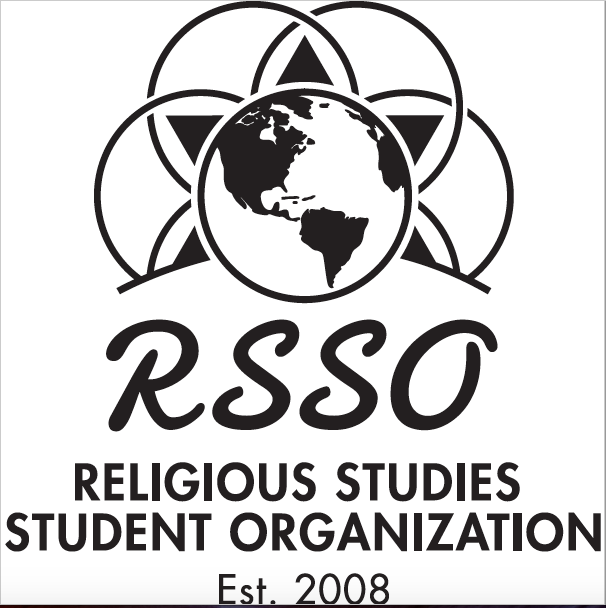Start Date
10-4-2021 9:15 AM
End Date
10-4-2021 10:20 AM
Abstract
The question of religious tolerance and the underlying causes of intolerance are pertinent when considering events like the role of anti-Semitism that led to the Holocaust in Hitler’s Germany. By looking at the study of eugenics, a scientific field of study now discredited in the modern era, during the period of German unification (1871-1945) with a specific focus on the years 1918 to 1945, one can understand how the perception of religion as a determining factor of racial characteristics. Through the analysis of eugenics and its influence on religion, particularly that of the perception of the Judaic faith, this period allows for focused topical study on religion to see how during this time eugenics impacted the daily lives of the Judeo-German, and broader European Judaic, communities. Through analysis of eugenic theories of the period, and drawing from political, social, and colonial policy standards and practices of the time it is possible to gain deeper insight through research on this topic.
Racial Sciences and Religion in Germany: From Unification to the Fall of Hitler, 1871-1945
The question of religious tolerance and the underlying causes of intolerance are pertinent when considering events like the role of anti-Semitism that led to the Holocaust in Hitler’s Germany. By looking at the study of eugenics, a scientific field of study now discredited in the modern era, during the period of German unification (1871-1945) with a specific focus on the years 1918 to 1945, one can understand how the perception of religion as a determining factor of racial characteristics. Through the analysis of eugenics and its influence on religion, particularly that of the perception of the Judaic faith, this period allows for focused topical study on religion to see how during this time eugenics impacted the daily lives of the Judeo-German, and broader European Judaic, communities. Through analysis of eugenic theories of the period, and drawing from political, social, and colonial policy standards and practices of the time it is possible to gain deeper insight through research on this topic.

